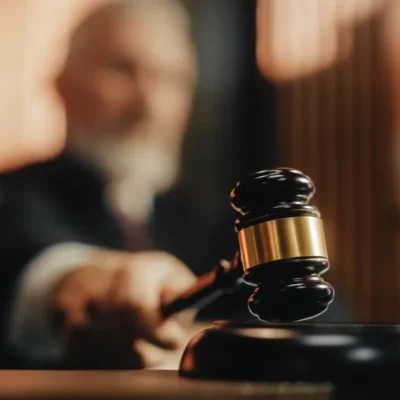Introduction
Brian Houston, founder of the Hillsong Church, was charged in August 2021 with an offence of concealing a child abuse offence contrary to section 316A(1) of the Crimes Act 1900. It’s been alleged that Mr Houston did not bring to the attention of the NSW Police Force information relating to the alleged sexual abuse of a young man in the 1970s by his father, Frank Houston.
This offence reveals one of the inherent tensions in our legal system. There is arguably a general right that a person does not have to talk to Police if they do not want to. However, there are a number of offences which require persons who are aware of information that might be of material assistance to Police in apprehending or prosecuting an offender to bring that information to the attention of Police. In effect, this criminalises a person’s choice not to talk to Police in certain situations. It is therefore very important that you understand your obligations under this provision.
The Charge
Section 316(1) of the Crimes Act 1900 makes it an offence for an adult:
- who knows, or believes that a serious indictable offence has been committed by another person, and
- who knows or believes that he or she has information that might be of material assistance in securing the apprehension of the offender or the prosecution or conviction of the offender for that offence,
to fail to bring that information to the attention of a member of the NSW Police Force or other appropriate authority without a reasonable excuse.
One can see from the terms of the legislation that the term ‘conceal’ is not really an appropriate term. All that is required for a person to be guilty of this offence is a failure to bring information they know or believe to be of material assistance to the attention of Police. There are a number of circumstances where such a failure does not involve any intent to ‘conceal’ the alleged offending from Police.
The maximum penalty depends on the serious indictable offence “concealed”. The maximum penalty is 2 years, if the maximum penalty for the serious indictable offence is 10 years imprisonment or less, 3 years, if the maximum penalty for the serious indictable offences is more than 10 years but less than or equal to 20 years imprisonment, or 5 years, if the maximum penalty for the serious indictable offence is more than 20 years imprisonment.
One defence that is inherent in this charge is the defence of ‘reasonable excuse’, and there is no statutory limitation as to what could be considered a ‘reasonable excuse’. However, a person does have a reasonable excuse if the information was provided to the person in relation to an alleged sexual offence or a domestic violence offence, and the person believes on reasonable grounds that the alleged victim does not wish the information to be reported to Police.
Section 316A(1) applies to child abuse offences, with the maximum penalty for this offence being 2 years, if the allegedly concealed child abuse offence carries a maximum penalty of less than 5 years imprisonment, or 5 years, if the maximum penalty of the alleged child abuse offence is 5 years imprisonment or more.
Issues
Quite often, the issues with such charges from the point of view of the prosecution is whether the information was believed to be of material assistance to Police by the accused, and whether the accused person even knew or believed that someone had committed a serious indictable offence or child abuse offence. There are also issues in relation to the defence of reasonable excuse, and whether it would apply to a person who was not revealing to Police information about a family member or close friend.
However, this does not necessarily stop Police from proceeding with this charge, even with all the complexities in the evidence required to establish the charge, and quite often, Police can use this charge as retaliation against a person who does not cooperate with Police.
Conclusion
It is very important that you contact a criminal defence solicitor if you have been charged with such an offence. You may very well have a strong defence to such a charge, and it is important that this is explored before you go to Court, as this offence is one of the more complex offences known to the NSW criminal law.
*Disclaimer: This is intended as general information only and not to be construed as legal advice. The above information is subject to changes over time. You should always seek professional advice beforetaking any course of action.*

















